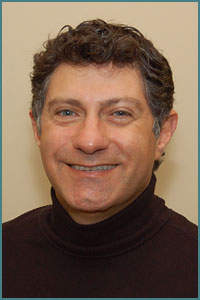 If you recently completed treatment at Cohanim Smileworks, we’d like to congratulate you! Now that your braces have been removed, Dr. Cohanim will provide—or has provided you—with retainers. After braces are removed, teeth can shift out of position if they are not stabilized. Retainers provide that stabilization. They are designed to hold teeth in their corrected, ideal positions until the bones and gums adapt to the treatment changes. Wearing retainers exactly as instructed by Dr. Cohanim is the best insurance that the treatment improvements last for a lifetime. Here are some things to remember when you receive your retainers:
If you recently completed treatment at Cohanim Smileworks, we’d like to congratulate you! Now that your braces have been removed, Dr. Cohanim will provide—or has provided you—with retainers. After braces are removed, teeth can shift out of position if they are not stabilized. Retainers provide that stabilization. They are designed to hold teeth in their corrected, ideal positions until the bones and gums adapt to the treatment changes. Wearing retainers exactly as instructed by Dr. Cohanim is the best insurance that the treatment improvements last for a lifetime. Here are some things to remember when you receive your retainers:* Wear your retainers full time, until the doctor instructs otherwise. Wearing your retainers at night ensures that your pearly whites won’t relapse.
* Take your retainers out when eating...and always put retainers in their case! (Most appliances are lost in school lunch rooms or restaurants.)
* Clean retainers thoroughly once a day with a toothbrush and only a small amount of toothpaste. Use warm but not hot water.
* When retainers are not in your mouth they should ALWAYS be in a retainer case.
* Retainers are breakable, so treat them with care. If retainers are lost or broken, give us a call immediately.
* Remove retainers when swimming or during any sporting activity in which the retainers could fall out and get broken or lost (cheerleading, basketball, etc.) or when you should be wearing a mouth guard (football, soccer, etc.).
We hope this helps! You can always contact our team if you have any questions!






